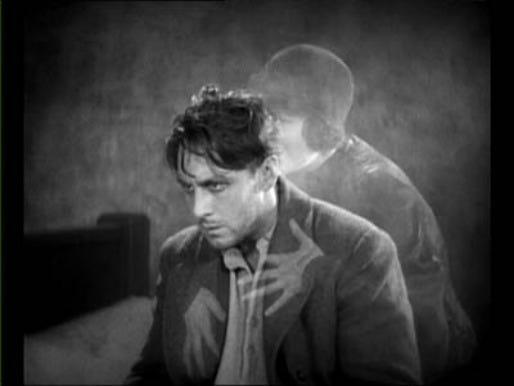Sunrise

F.W. Murnau is most famed for his 1922 film "Nosferatu," which stands to be a cornerstone film in the horror genre. His 1927 picture "Sunrise" depicts love on the rocks for a young couple, which marks a notable cinematic departure for the great-grandfather of horror.
"Sunrise" is conceptually simple while being a stylistic marvel of filmmaking. The story revolves around a woman vacationing in a lakeside town where she catches the eye of a married farmer. The two lustfully pursue one another in secret and eventually devise a plot to kill the farmer's wife and run away together. The murder plot is thwarted, and the couple rekindles its love in the city.
A large portion of the movie is focused upon the young couple reconnecting with one another after a near-total collapse of their relationship. Of course, plotting to murder your wife would put any marriage through the wringer. While in the city, the couple stumbles into a church and witnesses a wedding in progress — eliciting an emotional apology from the gentleman, which leads to forgiveness from his wife.
The rest of their time spent in the city is focused on carefree activities that once defined their relationship early on. After a series of quirky sequences, the couple's time in the city soon draws to a close as they head back to their small town feeling renewed. Thus follows the ironic climax as the pair gets caught in a storm navigating a boat back home. The wife falls overboard and nearly drowns, which brings the story full circle.
The title of the film is a reference to the natural progression of the film, especially the links between the beginning and ending. "Sunrise" starts off as a dark and seedy film, but the meat of the story helps you forget the dastardly nature of the plot. The ironic twist brings the audience back full tilt to the original conception.
As simplistic as the plot may be, the film itself is groundbreaking in its various techniques. "Sunrise" is considered the first film to have a built-in soundtrack with actual music and sound effects laid in. Up to this point in time, most films were accompanied by a live orchestra that would sit in the front of the theater. Although still a silent film, "Sunrise" has a liveliness to it that can't be overstated.
The sequence in which the young couple find themselves at a fair playing carnival games is that of pure whimsy and unadulterated joy. Murnau's ability to sync the soundtrack with the cinematography is that of expert aptitude. One of the more gifted directors of the silent era, Murnau goes out on a limb to produce, at the time, a film unique upon itself. Considering his predilection toward horror elements, it's a true testament to his sheer directorial skill to see him effortlessly pull off a film such as this.
The Blu-ray of "Sunrise" is the most pristine version of this film that has ever existed. Included in the special features are a commentary by ASC cinematographer John Bailey, a selection of outtakes from the original cut of the film and a trailer for the film. Everything featured in the extras acts as a worthy accompaniment to a classic piece of filmmaking.
Film: 3.5 Yaps Extras: 4 Yaps
